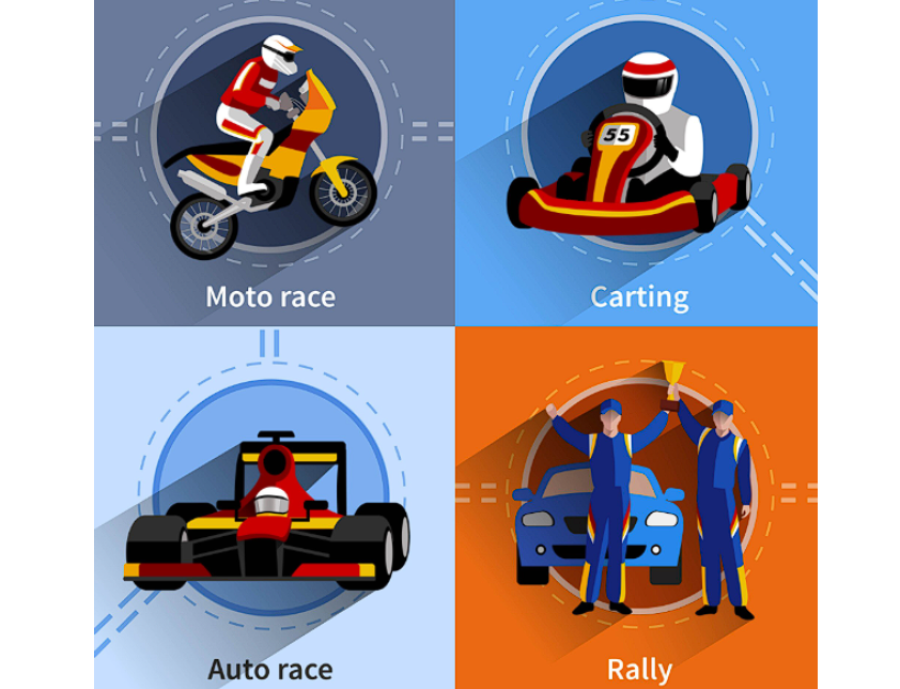Books have been acting as a backbone to knowledge, leading man through the years into leadership and innovation. Great minds throughout history attribute their success to the insight drawn from literature. Reading helped business moguls and technological innovators mold decisions, strategic thinking, and innovation. But how can books actually impact leadership and innovation? Let us dive deep into the impact that reading has within the minds of those defining the future.
The Power of Reading-Transforming Point
Reading per se is not an intellectual exercise but rather a linkage to be used between knowledge and practice. Books let leaders gaze into the past, teach the art of critical thinking, and build creativity. Indeed, some of the most successful people in the world, from Warren Buffett to Elon Musk, more often than not trace their road to success back to reading.
Additionally, strategic books like Sun Tzu’s The Art of War or Machiavelli’s The Prince remain relevant today, offering wisdom on strategy, negotiation, and power dynamics. These insights help leaders navigate complex challenges and refine their approach to leadership.
Books and Innovation: Fuel for Creativity
Knowledge is the power to innovate. It depends upon how much a person reads, gets different kinds of perspectives, and thinks out of the box. Books will help the reader explore new ideas, change existing concepts, and develop problem-solving capabilities.
Influence across Industries
Innovators also know more about other industries: for example, the study of psychology helps the tech entrepreneur in the creation of a more user-friendly product; reading history helps the financial analyst identify patterns in the market.
Other more interesting examples lie in how it influenced industries apart from cryptocurrency. Today, even online gaming has fallen into the lap of blockchain technology. A great example is how the best ethereum blackjack sites have emerged, which would seal gaming transparency with the use of smart contracts and let everything be as fair as they are supposed to be. Thus, casino websites like Blackjackdoc have shown that the extent of change in technologies alters the whole trend in the field of gambling as a whole by giving better security and newer modes of enjoyment.
How Leaders Read
Reading habits will doubtless vary from leader to leader, but there do seem to be some common ways that successful people approach reading in an effort to maximize learning.
Active Reading and Implementation
Passive reading seldom brings about change, and true leaders engage in books by taking notes, discussing ideas with peers, and applying learned concepts to real-world scenarios. Some CEOs have made sure that "book clubs" are part of how their organizations ensure the ongoing learning of employees.
Recommended Books for Leaders and Innovators
Following are some of the books very commonly suggested by leadership and entrepreneurs from the top layer:
Thinking, Fast and Slow by Daniel Kahneman: To understand cognitive biases and ways of decision-making.
The Lean Startup by Eric Ries: How to develop products efficiently and innovatively.
Zero to One by Peter Thiel: On building unique and pioneering businesses.
Good to Great by Jim Collins: Various analyses on what makes long-term successful companies.
Principles by Ray Dalio: A templated approach toward decision-making and leadership.
Role of Books in Emerging Sectors
While traditional sectors conventionally have used literature to learn, emerging industries use deep reading as well.
Books vs. Digital Learning: Drawing a Balance
As digital learning increasingly becomes an important part of everyday life, one may say that books will be a thing of the past. Either way, there are pros and cons in each format:
Basically, it is a mix of both for all-round knowledge building.
Books to Inspire New Ideas
As history has time and again been reminding us, books light the spark to many ideas. Be it disruptive thinking, technologies, or just a different way of thinking, literature creates the intellectual spark that propels change. Many entrepreneurs point to books for shaping their views and guiding them through uncharted territory. To break barriers, leading innovation with a well-crafted reading list can be one of the biggest assets.
Conclusion
Books are still current in molding the minds of leaders and entrepreneurs since they capture history, evoke creativity, and offer practical tips.
Be it through a biography of influential minds, strategic books, or industry-related material. Reading is a very valuable tool for aspiring to excellence. Reading will also make one ahead of the trends, refine decision-making skills, and create change in their respective fields. A journey from pages to power, metaphorically but real, for every man who wishes to lead his way and innovate.









